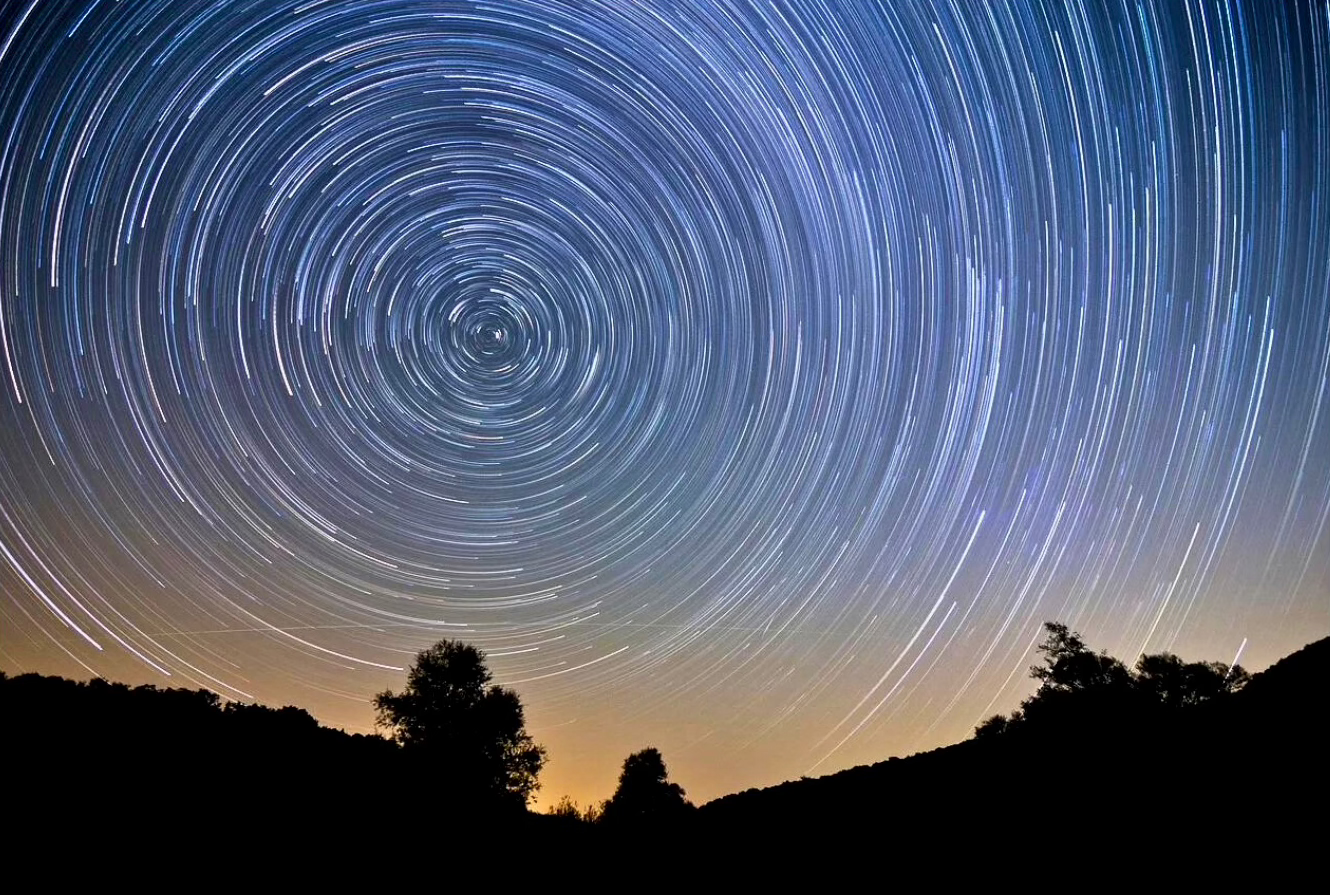This Great Absence
What's left of religion when we remove belief, and what can we fill that space with?
I was raised in a fundamentalist Evangelicalism that was dismissive of critical enquiry. There was no need (it was taught) to examine what was undoubtedly true. I held onto this Christianity until I was nineteen, when I was struck by the usual laundry list of life events that tend to precipitate a fall away from faith, and after one reading of Richard Dawkins’ The God Delusion, I began advocating atheism with the same proselytising zeal that had informed my previous faith.
Through my twenties, I found myself (to quote from the poet Hugh Mearns) continually crossing paths with a “man who wasn’t there”. As I travelled up and down the stairs of my late-twenties, I’d find “he wasn’t there again today” and I’d “wish he’d go away”. This man who wasn’t there and who haunted me took on many forms.
At first, he embodied literature, and I ran to books to answer his call. Then he resembled mythology, and I learned what I could of the old stories. Entering my thirties, he began to look like somethi…
Keep reading with a 7-day free trial
Subscribe to Volumes. to keep reading this post and get 7 days of free access to the full post archives.





